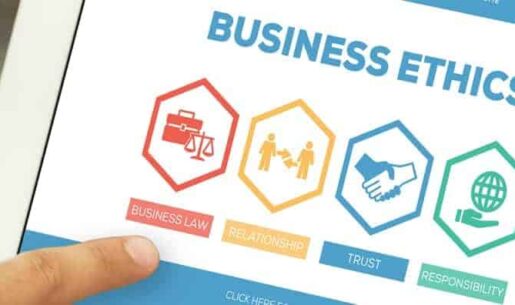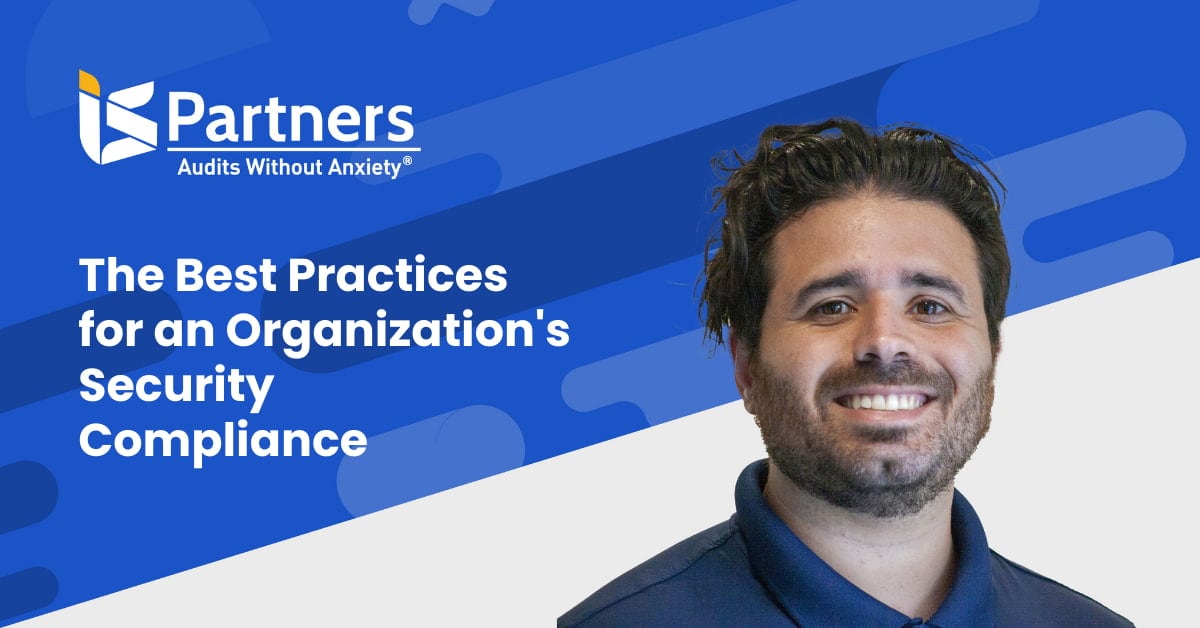Employee behavior is a critical concern for IT security teams because it marks the intersection of ethics, compliance, and security. The importance of this vulnerable point is demonstrated by the focus of compliance regulations on managing employee activities that have the potential to expose sensitive data. In fact,
SOX, HIPAA, and PCI DSS all require more from employees than just following rules. They require that employees comply with set policies and procedures, as a means of standardizing and enforcing ethics.
What’s the Difference Between Compliance and Ethics?
When you consider compliance and ethics, whether evaluating business policies or creating a company culture, you need to look at both professions as separate entities. Having a Chief Compliance Officer and a Chief Ethics Officer allows you to tackle a range of risks in your operations from every angle to address both compliance and ethics issues without blurring the lines between the two concepts.
A Chief Compliance Officer will oversee any compliance issues that may be found or created during the course of your business operations and minimize risks so your company can maintain compliance. A Chief Ethics Officer will look for allegations, conflicts of interest, and improprieties that won’t violate compliance standards yet may violate company governance policies and internal programs.
Compliance Focuses on the Rules of the Law
The compliance profession is pretty straightforward but does have some misconceptions surrounding it. Basically, your company must abide by the rules and policies set forth to prevent a violation of that law. Often, compliance violations can result in serious consequences that can involve fines, jail time, liabilities, and firing of involved employees. There is no way to skirt around compliance policies and still have legal operations. This is one of the tasks that your Chief Compliance Officer handles in your operations.
Ethics Involves a Moral Judgment of Doing What is Right
When talking about ethics, your company is focusing on what is best morally. You are following a code of behavior in practicing what is right to the benefit of your company, its employees, its customers, the environment, and other factors. Your Chief Ethics Officer will normally monitor employees and their procedures to look for allegations, conflicts of interest, improprieties, and complaints that can create corporate governance issues.
Ethics can be extremely important to the company culture. It can benefit your company not only in its operations but also as a branding tool. You can build customer and employee trust that you are working to create an ethical corporate environment as well as business interactions.
The Importance of Employee Ethics to Compliance & Security
Employee behavior, especially in the context of technology, is a key concern for IT security teams. The threat of intentional attacks by malicious employees or their unwitting misuse of information technology constitutes one of the biggest threats to an institution’s information security. In fact, many cyberattacks specifically take advantage and target employees. Just consider:
- Phishing attacks,
- Social engineering attacks,
- Account compromise or take-over,
- Call center fraud, and
- Password cracking.
Employee ethics is a key part of compliance and security because internal actors represent a point of vulnerability. Not only do they have access to sensitive information as part of performing their jobs, but their actions are practically outside of the organization’s control. Behavior is the only security factor that can be influenced–outside of technology–to improve compliance.
Cybersecurity Study Reveals 64% of businesses anticipate cyber attack within the coming year.
So, what can organizations do to create a culture where employee behavior follows the ethical guidelines required for compliance and IT security?
Fostering a Culture of Ethics in Your Organization
To create a culture in which security is a priority, organizations should focus on three main principles: promote awareness of information security risks throughout the organization, give employees insight into what they’re doing and why when it comes to compliance, and encourage an understanding of ethical behavior.
- Promote awareness about the potential consequences of their actions or inactions.
- Provide insight into why compliance is important.
- Discuss the threat environment and why vigilance is necessary.
- Identify specific types of attacks that your organization is faced with and what to look out for.
- Train employees on recognizing, mitigating, and reporting suspicious activity.
- Encourage employees to report suspected threats and possible security failures that they see, experience, or are responsible for.
Without this culture shift, compliance efforts will fall short.
Enforcing Ethics Through Policies & Procedures
Businesses have the right to require employees to abide by the data security policies that they set forth. if the employer owns the hardware or the system, or both, the employer is allowed to monitor the use of it. Add to the fact that, under most data security policies, employees give permission for them to do so, employers are well within their rights to monitor communications and technology behaviors.
Employers have an obligation to themselves, their employees and customers, and all stakeholders and third parties to protect their data. In fact, this is the main reason that compliance standards exist—to ensure that companies set up policies and procedures, and enforce them throughout their organization, in order to protect sensitive data as much as possible.
IT leaders must work double-time to manage security protocol for computers, laptops, smartphones, tablets, and BYODs. With an ever-increasing number of employees working from home and remotely, increasingly blurring the lines between the personal and the private, it is more important than ever for IT managers to step up data security efforts. Even when employees sign technology usage agreements or data security policies, they still seem to operate under the impression that they have unlimited privacy when using their devices.
Often, they find that they must remind employees of security policies and enforce agreed-upon policies regarding device usage with detailed procedures. Institutions can reduce the risk of intentional attacks by implementing more user enabling security, that is, more restrictive rules and policies that limit what users can do with company data or systems.
Build a Strong Security & Compliance Program
Ask I.S. Partners about our Security Policy & Procedure Development services.




